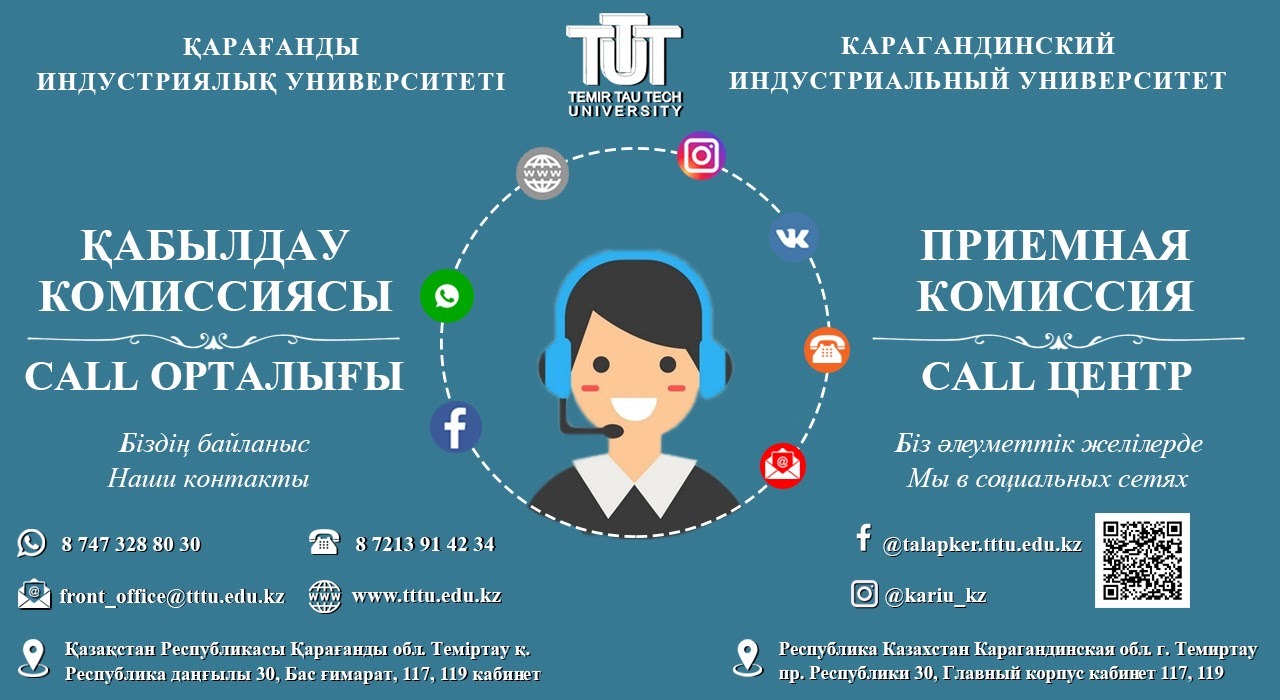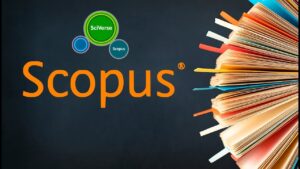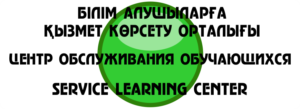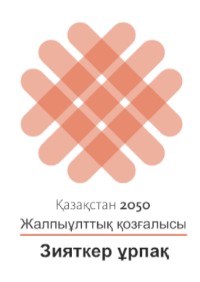Held public seminars “Analysis of the main differences between ISO 9001: 2008 and ISO 9001: 2015” On the basis of Karaganda State Industrial University April 26 May 4 on changing quality standard ISO 9001: 2008. The seminar was attended by the faculty of the University.
The focus of the new version of ISO 9001: 2015 is given to the organization’s effectiveness and risk management. Learn about the major changes in the standard IP specialists helped the “Guarantor” (Director L. Galaychenko), expert consultant on management systems of JSC “ArcelorMittal Temirtau” S. Khruslov and Professor KGIU Z. Gelmanova.
The program includes the following issues:
1) conditions of release of the new version of ISO 9001;
2) an overview of the main changes in ISO 9001 “Changes and additions”;
3) updated the principles of quality management;
4) a description of the organizational environment of the organization;
5) additional requirements for senior management responsibility;
6) risk management in the planning of the QMS;
7) control of auxiliary processes;
8) management of documentary information.
Speaking briefly about the main changes in ISO 9001:. 2015, all differences between the developed draft standard by the current 9001: 2008 can be divided into three categories:
1) associated with the unification of management system standards;
2) reinforcing the emphasis on conceptual and key provisions of the model of management in accordance with ISO 9001;
3) supplement or modify elements of the management model, available in the current standard.
Standard 9001: 2015 is built on “the structure of a higher order”, which comprises a closed cycle management and proper application provides self-development system. “The structure of a higher order” requires that the content of the standard fit into ten sections.
The new version of the standard has paid more attention to the issue of the relationship with the organization’s QMS management system as a whole.
The process approach is a key concept of building management system (the new version of this thesis is reinforced).
Standard reinforces the emphasis on the role of leader. Modern management theory and practice is based on the principle of “the company’s staff is a major resource, providing its success and competitive advantage,” the manager must not only be the highest administrator, but a leader,
which promotes disclosure and full use of the potential of the creative staff. In connection with this section, which used to be called “responsible leadership”, in the “high-level structure” called “leadership.”
Seriously changed approach to the competence of the organization. If this expertise in previous versions of determined staff qualifications, the new version is based on the concept of “knowledge organization” and “knowledge management”. Of course, knowledge management – a new level, allowing you to create a better product in a shorter time.
The new version will implement a risk assessment and make decisions based on the results of this assessment. In fact, it is the development and the addition of the principle of “making decisions based on facts.” The use of technologies and methods for risk assessment makes it possible to more effectively carry out activities to improve. In conjunction with the approach on “risk assessment” can be considered the introduction of a new version of an element of the standard as “the Organisation”, which involves the identification of internal and external factors affecting the achievement of the goals, assessing the impact of these factors (risk assessment) and the production of risk reduction measures (where possible).
Expanding the concept of “stakeholders”: if the earlier ISO 9001: 2008 Key stakeholders advocated the consumer, in the new version proposed to identify all the stakeholders. Some concepts in the enlarged standard. For example, the “procurement management” and “outsourcing” are now combined in the concept of “external support”.
The notion of “documentary information”, which combines the “documented procedure” used previously and “write.”
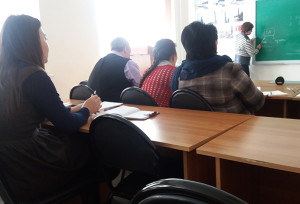
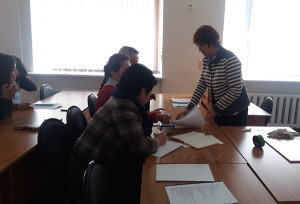
Thus, the main issues of the seminar aimed at realization of the main purpose of the standard – as a tool to ensure confidence in the quality of products and services companies that have implemented this standard – it possible to determine the main directions of further work on the implementation of the quality management system.
(Translated by Kastruba Leonid, AiU-15)
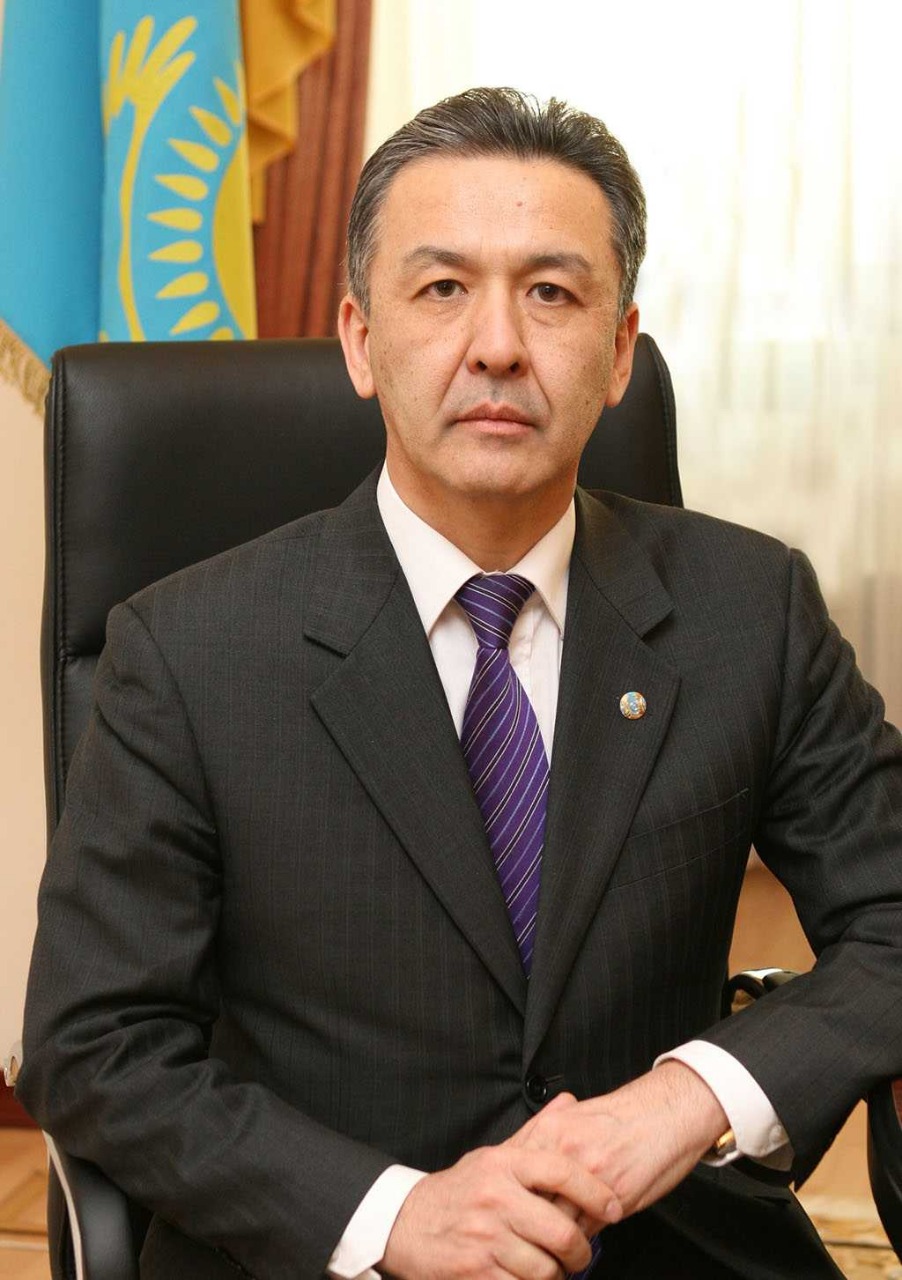 For the period of 50 years Karaganda Industrial University, founded in 1963, has become one of the leading higher ...
For the period of 50 years Karaganda Industrial University, founded in 1963, has become one of the leading higher ...